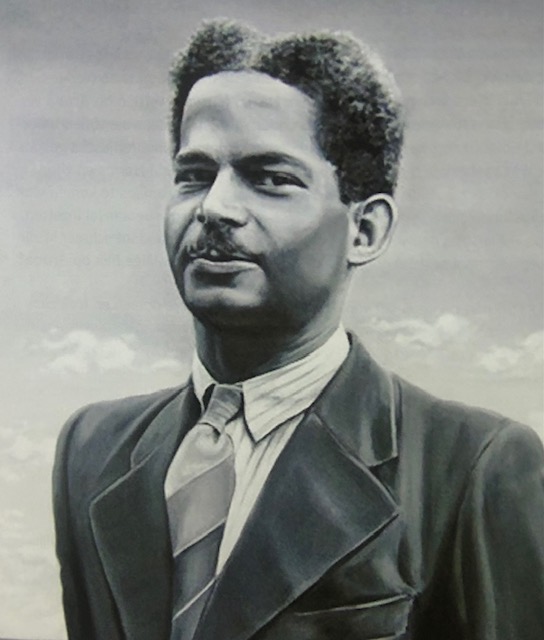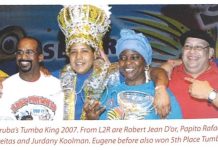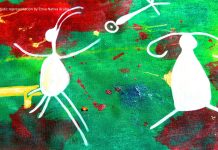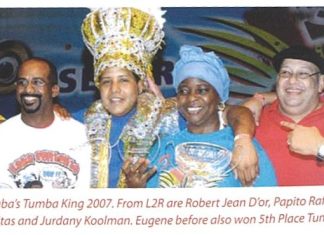(Oranjestad)—As part of the Kingdom of the Netherlands and due to its strategic geolocation, Aruba was unexpectedly involved in the Second World War. As is known around the globe, this chapter in world history is one of the most tragic yet, and many soldiers and rebels have died on the front line during this time.
One of those rebels who have fought against the Nazi regime, was an Aruban named Segundo Jorge Adelberto “Boy” Ecury. Born in Aruba on April 23rd, 1922, Boy spent his childhood on the island, before being sent to The Netherlands by his father when he was 15 years old to continue his studies abroad. This was in 1937, three years before WWII broke out.
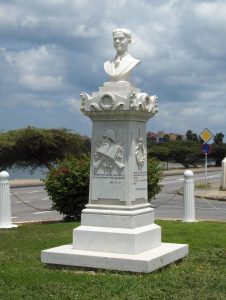
During the war, he actively participated in the rebellion in The Netherlands against the Nazi regime, but his rebellious streak and constant drive to fight for justice began even before the war broke out. Being a person of color with a Haitian heritage living in The Netherlands made him vulnerable to discrimination, and this inspired him to be an activist, to stand up and fight against discrimination and oppression.
After seeing the horrific bombings of Rotterdam first-hand, he decided to join the resistance. At the same time, he was still studying and living with family in Tilburg. It was there where he met people who printed and distributed the rebellion newspaper. This would be the first of three rebellion group that he would join throughout his 4-year service to the resistance.
Boy’s primary task as member of the group was to distract the German soldiers while others ran into hiding into alleyways. This he was able to do because of his skin color and confronting demeanor. Boy also participated in the multiple sabotaging operations against the German military occupying The Netherlands. These included bombings on German military trucks and trains. The group also helped people go into hiding, as well as opened fire against allies of the Nazi regime. In these operations, Boy really stood out for his cold bloodedness.
In 1943, he received a notice to be placed for work in Germany. This he refused, of course, and went into hiding using multiple addresses in multiple cities. Because he was a wanted man, he of course could not continue to be active as a rebel. However, stubborn and naturally rebellious as he was, he always tried to join in on the operations regardless.
In 1944, after his friend Luis de Lannoy, a fellow rebel from Curacao, was arrested and executed, he moved to Delft, where he joined his third and last group in Rotterdam. During this time, he wrote a goodbye letter for his family, possibly knowing the risks of him being active again in the big cities.
Eventually, he proved himself right. On November 5th, 1944, Boy Ecury was arrested by German soldiers. He was placed in the “Oranjehotel” prison in Scheveningen, The Hague, where he was questioned. Despite being sold out by an acquaintance, he himself never gave away the names of his comrades. Famously, he told his cell mate: “I will die with a smile on my face.”
On November 6th, 1944, Ecury was executed. He was only 22 years old.
Ecury was buried with military honor. In 1949, the Aruban Government erected a monumental bust of him in front of what is now the linear park trail, and in 1984 he received the Resistance Memorial Cross postmortem.
Boy’s life motto was this: “In my father’s house, there is no place for a traitor.”
Source: “De Kolibrie op de Rots (en meer over the geschiedenis van Aruba)” by Evert Bongers.


